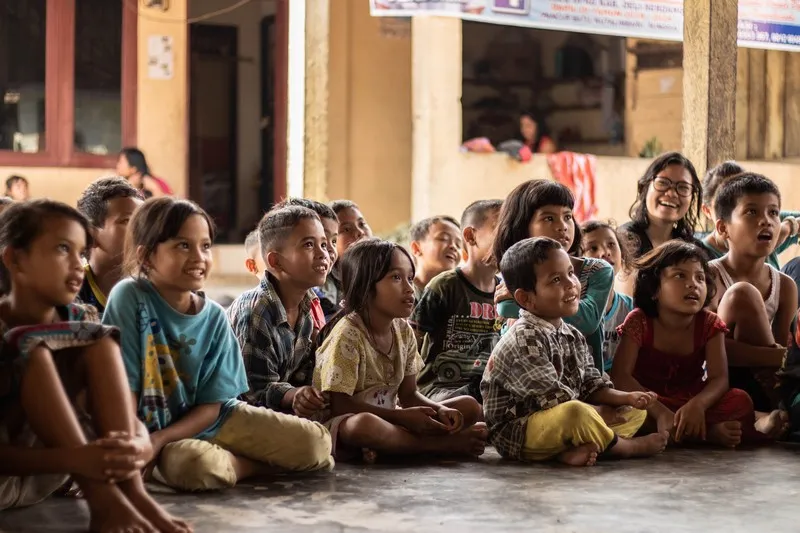In sociology, the term “attainment gap” refers to the disparities in educational achievement and outcomes experienced by different social groups. These groups can be defined by factors such as socioeconomic status, ethnicity, gender, and disability. The attainment gap is a significant issue that has garnered attention worldwide, as it highlights the unequal opportunities and barriers faced by certain individuals or communities in accessing quality education and achieving academic success.
Causes of the Attainment Gap
Several factors contribute to the existence of the attainment gap. One primary cause is socioeconomic inequality. Children from lower-income backgrounds often face disadvantages such as inadequate resources, limited access to educational support, and a lack of cultural capital. These disadvantages can hinder their educational progress and limit their opportunities for academic achievement.
Another factor is the impact of discrimination and bias. Marginalized groups, such as ethnic minorities, may face systemic barriers that affect their educational experiences. Discrimination can manifest in various forms, including biased teaching practices, unequal distribution of resources, and stereotypes that affect students’ self-perception and academic motivation.
Furthermore, the attainment gap can be influenced by cultural factors. Different cultures may have varying expectations and values regarding education, which can affect students’ attitudes, aspirations, and engagement in learning. For instance, certain cultural norms may discourage girls from pursuing certain subjects or discourage boys from seeking help, leading to disparities in academic performance.
Consequences of the Attainment Gap
The consequences of the attainment gap are far-reaching and have long-term implications for individuals and society as a whole. Firstly, the gap perpetuates social inequality by limiting the opportunities and life chances of disadvantaged groups. Educational attainment is closely linked to employment prospects, income levels, and social mobility. Thus, those who experience lower educational achievement are more likely to face economic disadvantages and social exclusion.
Moreover, the attainment gap has implications for social cohesion and diversity. When certain groups consistently underachieve academically, it can lead to a lack of representation and diversity within higher education institutions and the workforce. This lack of diversity can hinder innovation, perpetuate stereotypes, and limit the overall progress of society.
Addressing the Attainment Gap
Tackling the attainment gap requires a multifaceted approach that involves collaboration between educational institutions, policymakers, communities, and individuals. Here are some strategies that can help address the issue:
- Equal access to resources: Ensuring that all students have access to high-quality educational resources, including well-trained teachers, modern facilities, and appropriate learning materials.
- Addressing bias and discrimination: Implementing policies and practices that promote inclusivity, diversity, and equality within educational settings. This includes addressing unconscious biases among teachers, providing cultural competency training, and creating safe spaces for students to express their identities.
- Early intervention and support: Identifying and addressing educational disparities from an early age through targeted interventions, such as early childhood education programs, mentoring initiatives, and additional support for students at risk of falling behind.
- Engaging parents and communities: Encouraging parental involvement in their children’s education and fostering partnerships between schools, families, and communities. This collaboration can help create a supportive and enriching learning environment.
- Addressing socioeconomic inequalities: Tackling the root causes of the attainment gap by addressing socioeconomic inequalities outside of the education system. This includes initiatives to reduce poverty, improve access to healthcare, and provide support for families facing economic hardships.
By implementing these strategies and addressing the underlying causes of the attainment gap, societies can work towards creating a more equitable and inclusive education system. Closing the attainment gap is not only essential for individual success but also for building a fairer and more prosperous society for all.





